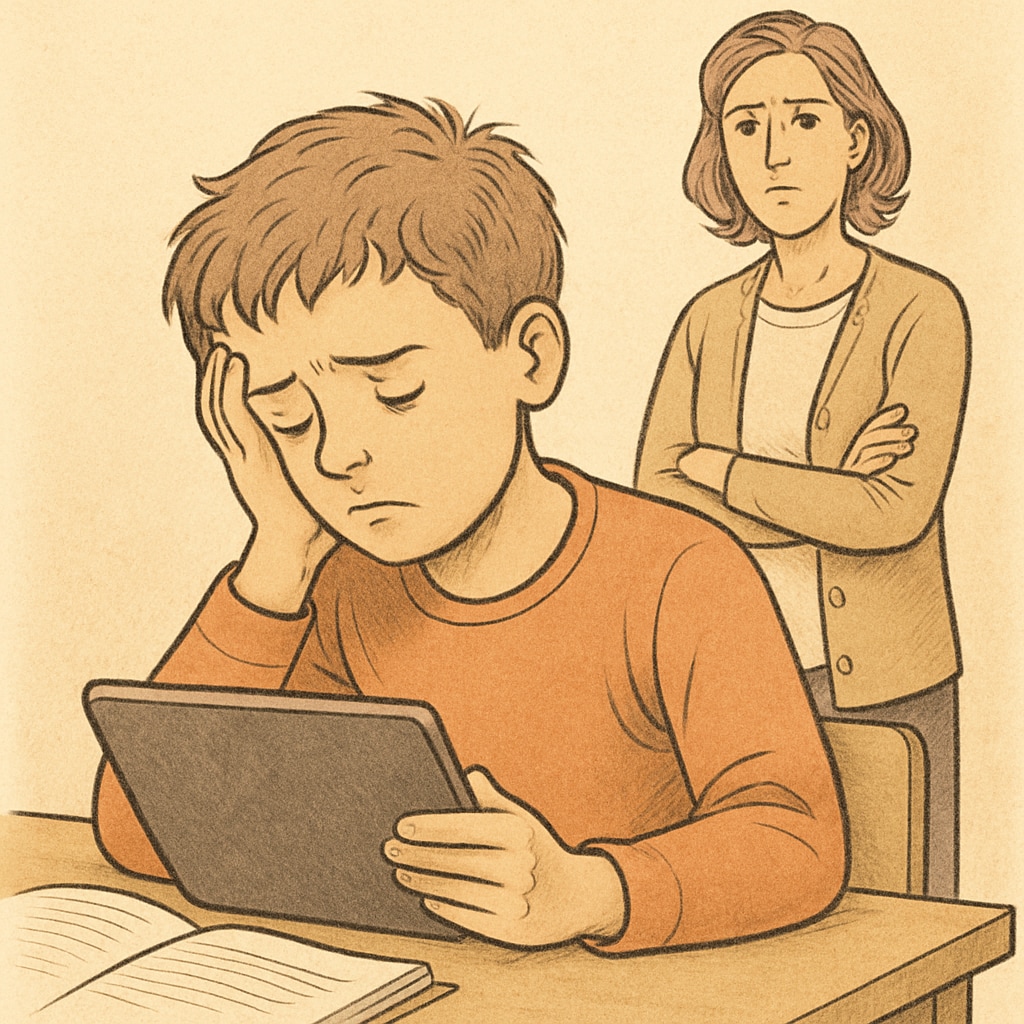Tech addiction, child development, and mental health form a critical triad in today’s hyper-connected world. As someone who battled smartphone dependency in my twenties, I now consciously limit my children’s access to digital devices. Research from the American Psychological Association shows excessive screen time can impair brain development in children under 12.
The Hidden Costs of Unrestricted Device Access
Many parents underestimate how quickly recreational screen time becomes problematic. Consider these alarming effects:
- Attention span erosion: The average attention span has decreased from 12 to 8 seconds since 2000 (National Institutes of Health)
- Sleep disruption: Blue light suppresses melatonin production by 23% in children
- Social skill deficits: Face-to-face interaction time has dropped 70% in a decade

Practical Alternatives to Digital Entertainment
Replacing screen time with these activities yields measurable benefits:
- Outdoor play: Develops motor skills and spatial awareness
- Board games: Teaches patience, strategy, and sportsmanship
- Creative arts: Stimulates imagination and problem-solving
In our household, we implement “analog Sundays” where all digital devices remain powered off. The results? My children now:
- Read 3x more books monthly
- Demonstrate improved emotional regulation
- Show greater creativity in free play

Transitioning gradually proves more effective than abrupt restrictions. Start by designating tech-free zones (bedrooms, dining areas) and gradually expand boundaries. Remember, as the World Health Organization emphasizes, balanced lifestyles prevent numerous developmental issues.


